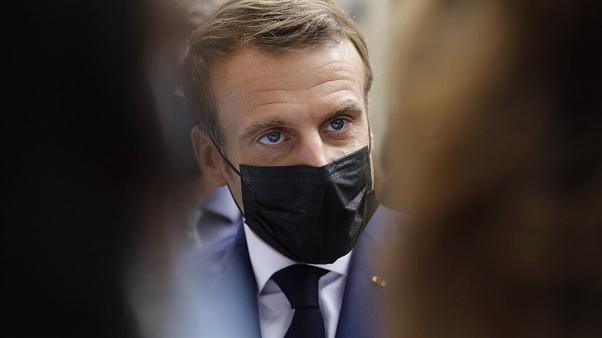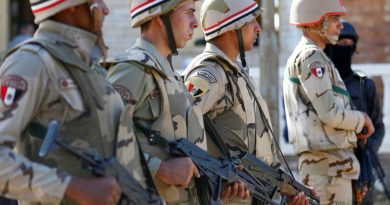France extends curfew as COVID second wave surges in Europe
Madrid (Reuters) – France extended curfews to around two thirds of its population on Thursday, Spain considered similar action, and Belgium’s foreign minister was taken into intensive care with COVID-19, as the second wave of the pandemic surged across Europe.
French Prime Minister Jean Castex announced a curfew imposed last week on Paris and eight other cities would be extended to 38 more departments, confining 46 million out of the country’s 67 million population to their homes from 9 pm to 6 am.
“A second wave of the coronavirus epidemic is now under way in France and Europe. The situation is very serious,” Castex said at a news conference.
In Spain, where Health Minister Salvador Illa said the epidemic was now “out of control” in many areas, regional authorities were expected to press the government to impose a nationwide curfew later on Thursday.
After Europe appeared to have gained a measure of control over the epidemic following the dramatic lockdowns of March and April, a surge in cases over recent weeks has put the continent back at the heart of the crisis.
While hospitalisations and deaths have not so far overwhelmed health systems as they did during the initial wave early this year, authorities in many countries worry the situation is rapidly reaching a tipping point.
Germany, which reported more than 10,000 daily cases for the first time, extended travel warnings for Switzerland, Ireland, Poland, most of Austria and Italian regions including Rome.
“We still have a chance to slow a further spread of the virus,” Lothar Wieler, of the Robert Koch Institute, Germany’s infectious diseases agency, said in Berlin.
More than 5.3 million people across Europe have contracted the disease and over 204,000 have died, according to the European Centre for Disease Prevention and Control (ECDC). That compares to 8.3 million cases in the United States and 7.7 million in India.
Belgian Foreign Minister Sophie Wilmes went into intensive care on Thursday, just a day after German Health Minister Jens Spahn tested positive.
The resurgence over recent weeks stands in contrast to several countries in Asia, from China to South Korea or New Zealand, where draconian lockdowns and rigorous contact tracing have helped contain the disease.
“We are Swamped”
Grappling with the enormous costs of the coronavirus, Europe’s leaders are desperate to avoid a repeat of the blanket lockdowns that shut down their economies in the spring.
But as cases have surged and health services have come under increasing pressure, they have been forced to impose and expand local restrictions aimed at reducing public gatherings to ever wider areas.
Three of the biggest regions in Italy — Lazio, around Rome, Lombardy around Milan and Campania around Naples — have already imposed overnight curfews. Britain also tightened restrictions on three more areas on Thursday.
Amid the growing public alarm, Germany’s statistics office noted that sales of toilet paper rose almost 90% last week from pre-crisis levels with almost equally sharp jumps in sales of disinfectants and soap.
Only Sweden, a European outlier which has relied largely on voluntary measures to promote social distancing, was an exception, declaring senior citizens no longer need to isolate themselves given lower COVID infection rates than in spring.
As the crisis has intensified, much of the public goodwill seen in the first phase of lockdowns has evaporated and central governments have engaged in angry spats with local authorities from Manchester to Madrid over issues ranging from health and welfare to transport and schools.
With winter coming, health services are looking ahead with apprehension as the wave of COVID patients coincides with the usual seasonal respiratory illnesses.
“We are already swamped,” said Bruno Megarbane, head of intensive care at the Lariboisiere hospital in Paris. “So, indeed, there is the fear that we will face a very difficult situation.”


